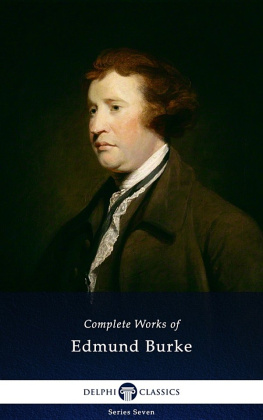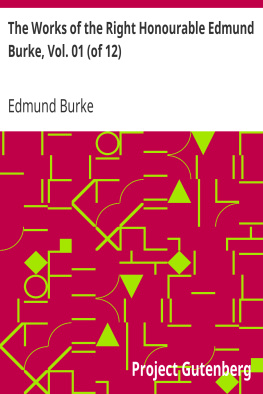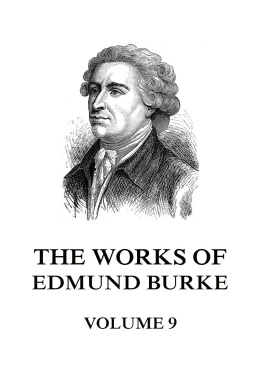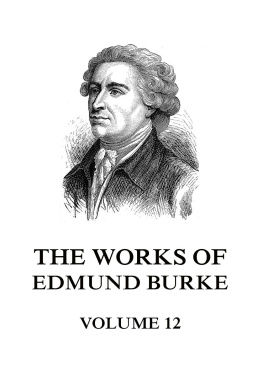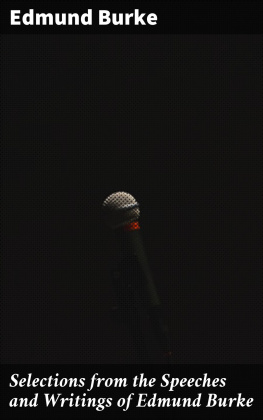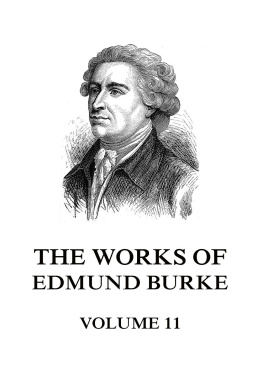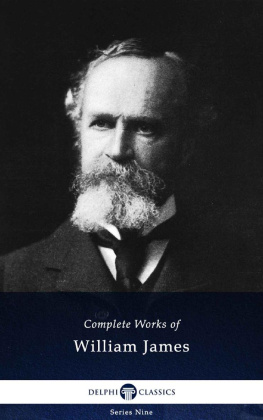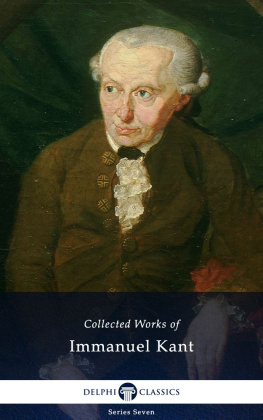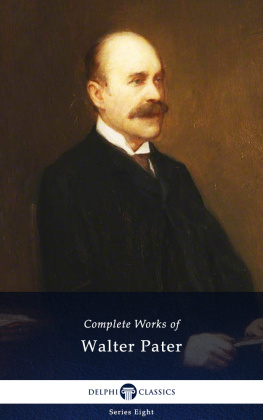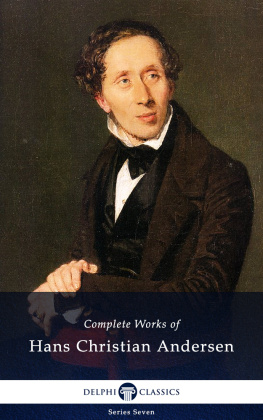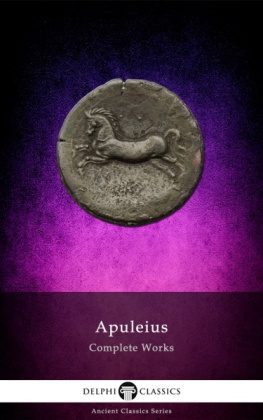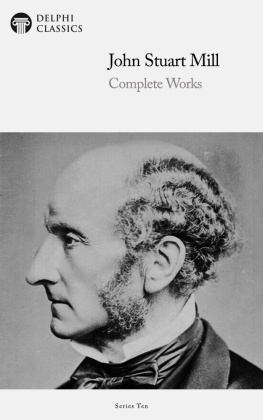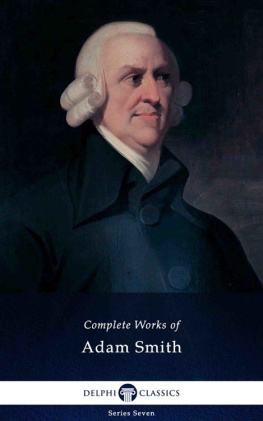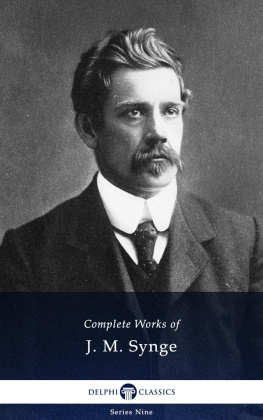The Complete Works of
EDMUND BURKE
(1729-1797)

Contents

Delphi Classics 2016
Version 1

The Complete Works of
EDMUND BURKE

By Delphi Classics, 2016
COPYRIGHT
Complete Works of Edmund Burke
First published in the United Kingdom in 2016 by Delphi Classics.
Delphi Classics, 2016.
All rights reserved. No part of this publication may be reproduced, stored in a retrieval system, or transmitted, in any form or by any means, without the prior permission in writing of the publisher, nor be otherwise circulated in any form other than that in which it is published.
Delphi Classics
is an imprint of
Delphi Publishing Ltd
Hastings, East Sussex
United Kingdom
Contact: sales@delphiclassics.com
www.delphiclassics.com
Parts Edition Now Available!

Love reading Edmund Burke ?
Did you know you can now purchase the Delphi Classics Parts Edition of this author and enjoy all the novels, plays, non-fiction books and other works as individual eBooks? Now, you can select and read individual novels etc. and know precisely where you are in an eBook. You will also be able to manage space better on your eReading devices.

The Parts Edition is only available direct from the Delphi Classics website.
For more information about this exciting new format and to try free Parts Edition downloads , please visit this link .
The Books

Dublin, Ireland Burkes birthplace

Dublin by S. Brocas a view of eighteenth century Dublin

The River Blackwater at Fermoy, Ireland as a child Burke spent time away from the unhealthy air of Dublin with his mothers family in the Blackwater Valley in County Cork.
A VINDICATION OF NATURAL SOCIETY

A VIEW OF THE MISERIES AND EVILS ARISING TO MANKIND
First published in 1756, A Vindication of Natural Society is a satire of Lord Bolingbrokes deism. Burke confronted Bolingbroke not in the sphere of religion but civil society and government, arguing that his arguments against revealed religion could apply to all institutions. Burkes book was so similar in style to Bolingbrokes work, that Burkes ironic intention was missed by some readers, leading Burke in his preface to the second edition to state clearly that A Vindication of Natural Society was a satire. Nonetheless, this work was considered by William Godwin to be the first literary expression of philosophical anarchism.
The preface describes the essay as a riposte to the philosophy of Henry St John, 1st Viscount Bolingbroke, whose Collected Works and Letters had been published by David Mallet in five volumes in 1754. In this apologetic preface, he wrote that the book was inspired by seeing every Mode of Religion attacked in a lively Manner, and the Foundation of every Virtue, and of all Government, sapped with great Art and much Ingenuity in Lord Bolingbrokes collected Works. Burke contrasts Natural Society with Political Society beginning with a distrust of the Mind, which every Day invents some new artificial Rule to guide that Nature which if left to itself were the best and surest Guide. He proposes to set out to identify those unalterable Relations which Providence has ordained that every thing should bear to every other. These Relations, which are Truth itself, the Foundation of Virtue, and consequently, the only Measures of Happiness.
In the spirit of the Age of Enlightenment, the author expresses every confidence in the cumulative Progress of the human condition: The Fabrick of Superstition has in this our Age and Nation received much ruder Shocks than it had ever felt before; and through the Chinks and Breaches of our Prison, we see such Glimmerings of Light, and feel such refreshing Airs of Liberty, as daily raise our Ardor for more. The Miseries derived to Mankind from Superstition, under the Name of Religion, and of ecclesiastical Tyranny under the Name of Church Government, have been clearly and usefully exposed. In his swift survey of history, Burke finds nothing but Tumults, Rebellions, Massacres, Assassinations, Proscriptions, and a Series of Horror and remarks that All Empires have been cemented in Blood as the casualties mount in the millions, with cruelties perfected by technology.
Contrasted with natural Liberty and natural Religion, Burke sets three general forms of government, which he describes with the same detail as employed in Juvenals Satires : Despotism, the simplest and most universal, where unbounded Power proceeds Step by Step, until it has eradicated every laudable Principle; Aristocracy, which is scarcely better, as a Genoese, or a Venetian Republick, is a concealed Despotism; and giddy Democracy, where the common people are intoxicated with the Flatteries of their Orators:

The first editions title page

The opening of Vindication of Natural Society in the first edition
CONTENTS

Edmund Burke by John Chapman, published 13 December 1798

Henry St John, 1st Viscount Bolingbroke by Alexis Simon Belle, c. 1712. Bolingbroke (1678-1751) was an English politician, government official and political philosopher. He was a leader of the Tories, and supported the Church of England politically despite his antireligious views and opposition to theology.
ADVERTISEMENT TO THE SECOND OCTAVO EDITION.
A new edition of the works of Mr. Burke having been called for by the public, the opportunity has been taken to make some slight changes, it is hoped for the better.
A different distribution of the contents, while it has made the volumes, with the exception of the first and sixth, more nearly equal in their respective bulk, has, at the same time, been fortunately found to produce a more methodical arrangement of the whole. The first and second volumes, as before, severally contain those literary and philosophical works by which Mr. Burke was known previous to the commencement of his public life as a statesman, and the political pieces which were written by him between the time of his first becoming connected with the Marquis of Rockingham and his being chosen member for Bristol. In the third are comprehended all his speeches and pamphlets from his first arrival at Bristol, as a candidate, in the year 1774, to his farewell address from the hustings of that city, in the year 1780. What he himself published relative to the affairs of India occupies the fourth volume. The remaining four comprise his works since the French Revolution, with the exception of the Letter to Lord Kenmare on the Penal Laws against Irish Catholics, which was probably inserted where it stands from its relation to the subject of the Letter addressed by him, at a later period, to Sir Hercules Langrishe. With the same exception, too, strict regard has been paid to chronological order, which, in the last edition, was in some instances broken, to insert pieces that wore not discovered till it was too late to introduce them in their proper places.
Next page
